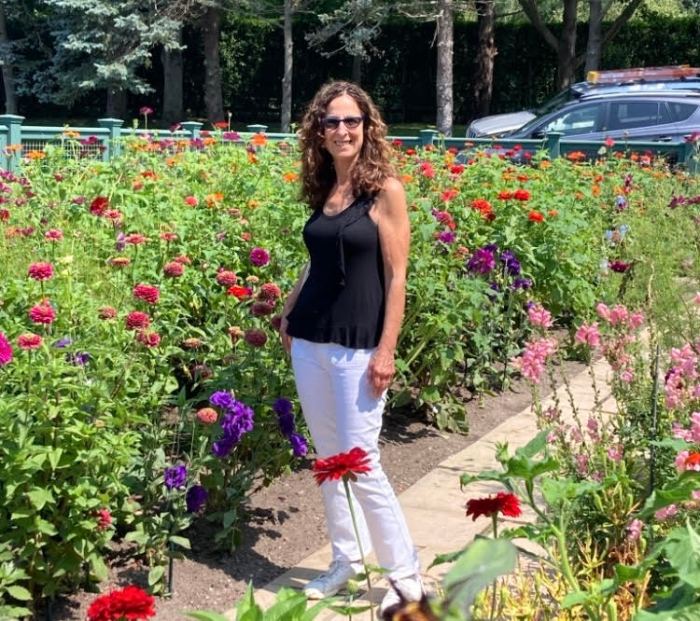Some gardeners complain that every time they use a trowel in their gardens they dig up lots of earthworms. They do not realize that they are cultivating a healthy garden. A multitude of earthworms is something that veteran gardeners hope to see in their gardens, since earthworms do many chores for us.
As they burrow through soil, they feed and redistribute organic matter through their excretions. By loosening the soil through their tunneling, they also create additional channels for plant roots. Earthworms love organic matter and an even moisture level in the soil. If you provide those two things on an ongoing basis, you can keep them in your garden. Remember, earthworms, spiders and beetles are sensitive to chemicals such as pesticides and chemical fertilizers, so if possible, use organic methods and additives in your garden. Since earthworms can live from three to 10 years, keeping your soil conditions favorable for them will provide many small helpers in your yard.
Soil biology, our last soil aspect, refers to the creatures living in the soil and how they fit into the soil food web. Though earthworms and fungi (mycorrhizae) tend to dominate the soil community, there are many others necessary for a healthy garden.
Beneficial bacteria, protozoa, millipedes, springtails, mites, nematodes, beetles and spiders all reside in our soil. For that reason, we need to maintain healthy soil-dwelling organisms that can alter the structure and therefore affect soil erosion, as well as water accessibility. As these organisms move through the soil, they improve aeration and bind particles together; break down complex materials; and consume other organisms, thereby converting nutrients from one form to another. These living creatures are beneficial and essential to maintaining soil fertility and improving plant growth and heartiness.
The neutral to slightly acidic pH levels on Long Island positively affect the health of soil-dwelling organisms, which in turn influence plant health and vigor. In alkaline soils, there are fewer of these necessary beneficial soil-dwelling organisms. So providing these biological beings with a banquet of organic compost and fertilizers such as alfalfa meal, blood meal, cottonseed meal and fish emulsion will provide nitrogen and keep them thriving and multiplying.
Consider using organic matter and soil amendments such as kelp, seaweed meal, greensand and granite dust to add richness to the soil. These micronutrients are only necessary in tiny amounts, but are able to produce essential substances that nourish plants and others of the soil food web, improving their growth and development.
Building your garden soil’s texture, structure, chemistry and biology will eventually produce a beautiful, healthy garden for you to enjoy that doesn’t need chemical insecticides or fungicides to flourish.
The next Long Island Horticultural Society meeting takes place on May 15 at 1:30 p.m. at the conference center at Planting Fields Arboretum in Oyster Bay. The speaker at 2 p.m. will be Matthew Benson, Hudson Valley Farm owner and photographer. His topic will be Growing Beautiful Food: A Gardener’s Guide to Cultivating Extraordinary Vegetables and Fruit. For more information, go to www.lihort.org. The annual spring plant sale will also take place at the meeting from 12 to 1 p.m. and is open to the public.






























